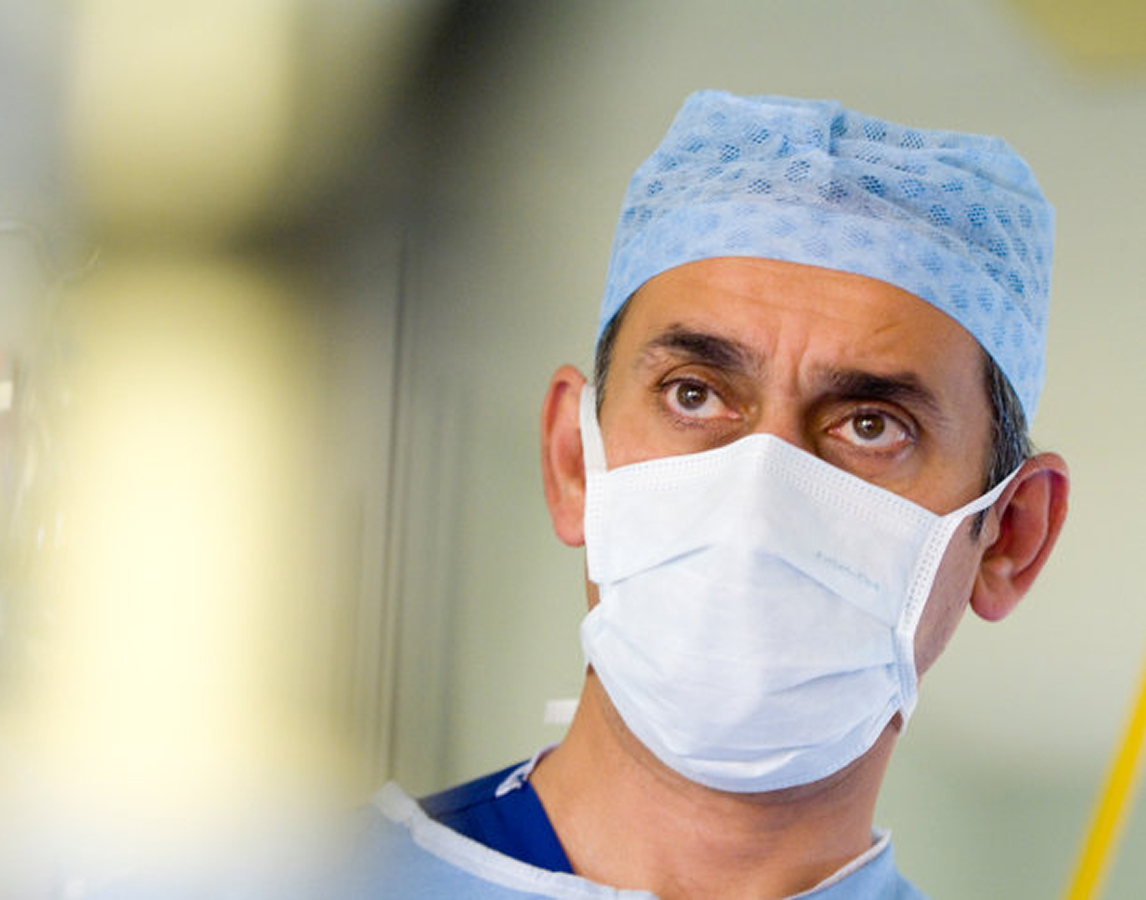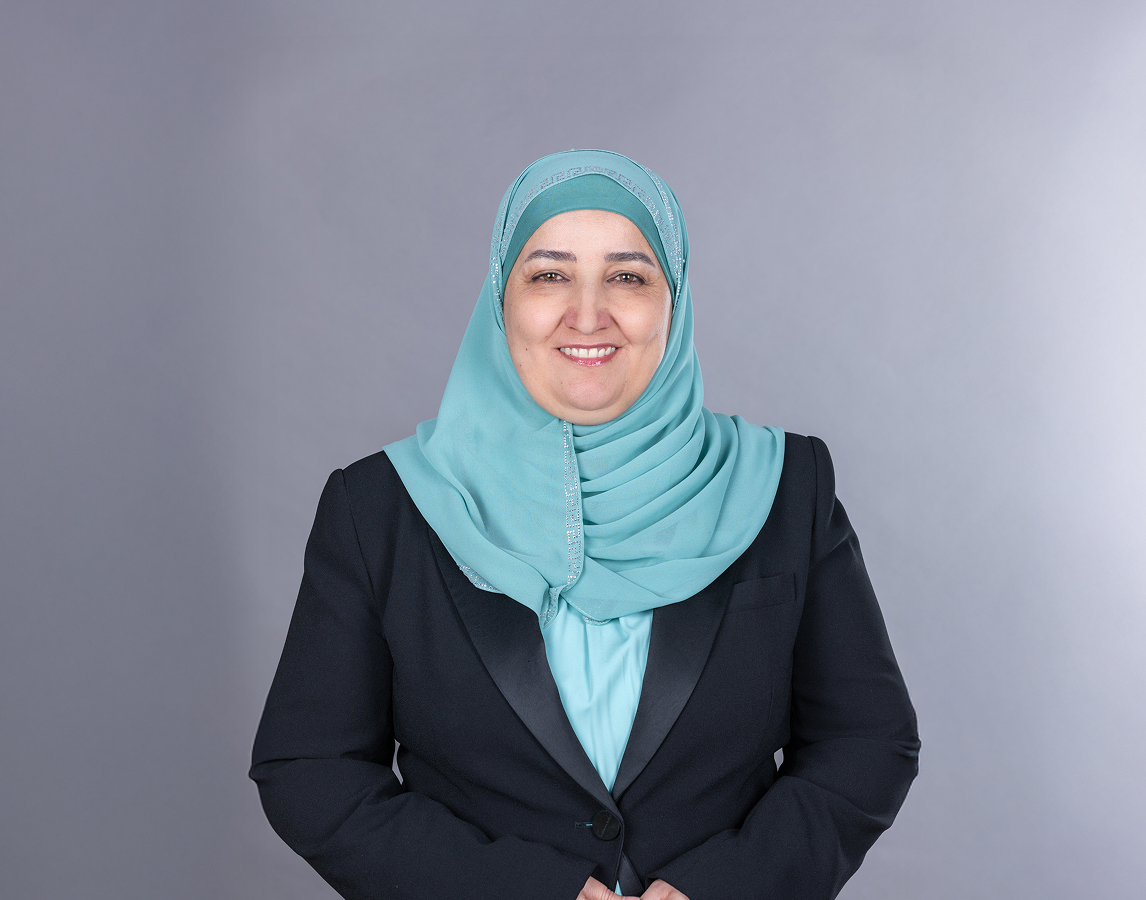From Surgical Checklists to Global Health: A Vision for Hygiene and Infection Prevention in the Fight Against AMR

As part of AMR Awareness Week, we had the privilege of interviewing Lord Ara Darzi, Executive Chair of WISH, to discuss the urgent global challenge of antimicrobial resistance. In this interview, he shares his perspective on why AMR demands immediate action and how innovation and collaboration can help safeguard the future of healthcare.
You have led innovation in surgery and infection prevention throughout your career. Can you share an experience from your early days as a surgeon that shaped your understanding of hygiene’s importance in saving lives?
Like most clinicians, I can recall cases where a seemingly successful and routine procedure was complicated by post-operative infection. Those early experiences were a stark reminder that hygiene and infection prevention control practices are not just protocols, but lifelines – and that patient safety relies on the strength of the whole system. That lesson shaped my focus on quality and safety throughout my career, from developing surgical checklists to redesigning care pathways. It also underscored a wider truth: every time an infection is passed on, it creates an opportunity for antimicrobial resistance to evolve. So, every lapse in hygiene doesn’t just put patients at risk in the moment – it fuels one of the greatest patient safety challenges of our time.
Infection prevention is a core challenge across healthcare systems. What advances have you seen and helped implement, in hospital safety and policy that you believe have made a lasting impact?
I’ve been privileged to be part of a significant shift in how we approach patient safety. The reforms I led in the NHS were centered on the principle that quality and safety must be at the heart of everything we do. We introduced a much greater level of transparency, with data on clinical outcomes, including infection rates, being made public. This created a powerful incentive for hospitals to improve. We also championed the adoption of evidence-based practices, such as surgical safety checklists, which have been proven to dramatically reduce complications and infections. More recently, through the Fleming Initiative, we are pushing for a more integrated approach to public health challenges, connecting clinical practice with science, policy and public engagement, to tackle the root causes of infection and antimicrobial resistance.
The COVID-19 pandemic revealed both strengths and vulnerabilities in global approaches to hygiene. What insights have you gained as a clinician and a policy leader during this period?
The pandemic was a crucible moment for global health. It exposed the fragility of our systems, but also their incredible resilience. As a clinician, I saw firsthand the dedication of healthcare workers and the rapid innovation in diagnostics and treatment. From a policy perspective, I was struck by the power of global collaboration, but also the deep inequities in access to basic hygiene and healthcare. One lesson that has stayed with me is that it wasn’t the vaccine that got us out of the pandemic – it was the diagnostic test. That’s why diagnostics are such a central pillar of the Fleming Initiative. Another important lesson was the need to bridge the gap between clinical practice and public health. We can have the most advanced hospitals in the world, but if we don’t address the social determinants of health and ensure that everyone has access to clean water, sanitation, and basic hygiene, we will always be vulnerable to the next pandemic.
As Executive Chair of WISH and a champion of the Fleming Initiative, what is your vision for tackling antimicrobial resistance and promoting hygiene innovation at scale?
My vision is for a world where we have a sustainable and equitable approach to tackling AMR. The Fleming Initiative is built on the idea that we need a multi-sectoral approach, bringing together scientists, policymakers, healthcare professionals, and the public. We are focused on driving innovation in diagnostics and treatment, but also on promoting responsible stewardship of existing antibiotics and developing novel approaches to infection prevention and control. We are also working to build capacity in low- and middle-income countries, where the burden of AMR is highest. At WISH, we are creating a global community of innovators and leaders who are committed to sharing best practices and scaling up solutions. Ultimately, our goal is to create a world where everyone has access to safe and effective healthcare, free from the threat of drug-resistant infections.
When speaking to the public, especially young people, what message do you convey about the everyday importance of handwashing, hygiene, and infection prevention? Why do these still matter?
Young people are not just the leaders of tomorrow, they are powerful advocates today. Simple actions like washing your hands with soap and water remain one of the most effective ways to prevent the spread of infection. It’s a small action that can have a huge impact, not just on your own health, but on the health of your family, your community, and the world. Through the Fleming Initiative we are working to embed lessons like this in school curricula and to use storytelling and partnerships, including with our CHAIN network of content creators on YouTube, to bring that message to life. It’s a message of empowerment, reminding young people that they can be part of the solution.
Looking ahead, what do you see as the greatest opportunities and obstacles for advancing infection prevention worldwide?
The greatest opportunity lies in the convergence of technology, data science, and behavioral science. We have new tools to track and predict outbreaks, to develop new diagnostics and treatments, and to nudge people towards healthier behaviors. However, the greatest challenge is securing political will and investment. We need to move from a reactive to a proactive approach, investing in public health infrastructure, strengthening health systems, and ensuring that everyone has access to basic hygiene and sanitation. This requires a global commitment, with governments, the private sector, and civil society working together. It’s a big challenge, but I am optimistic that we can create a healthier and safer world for all.



